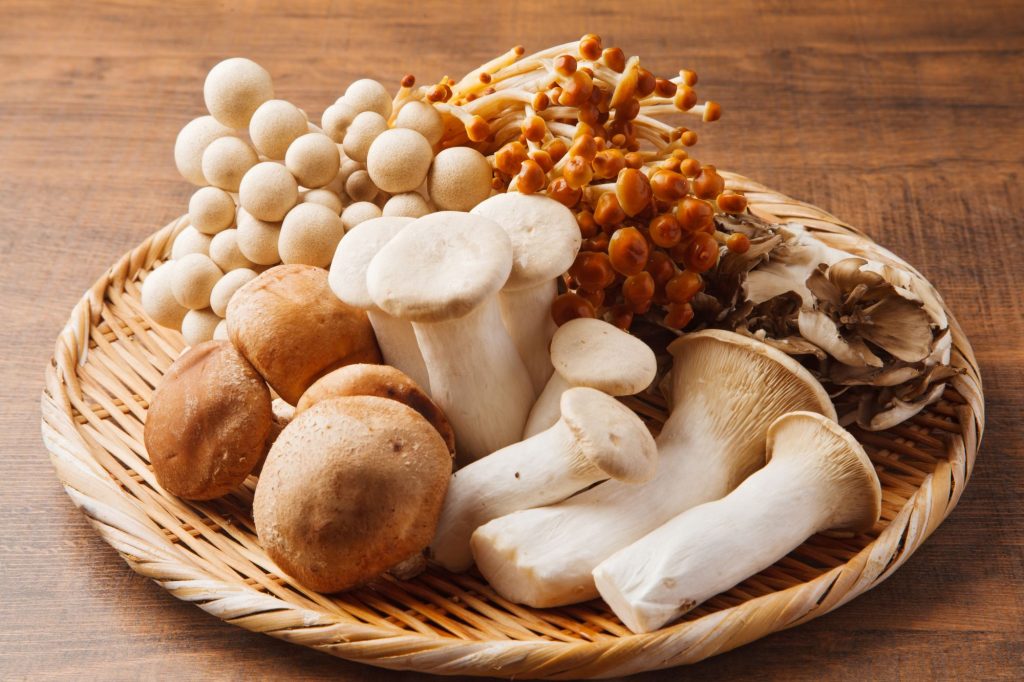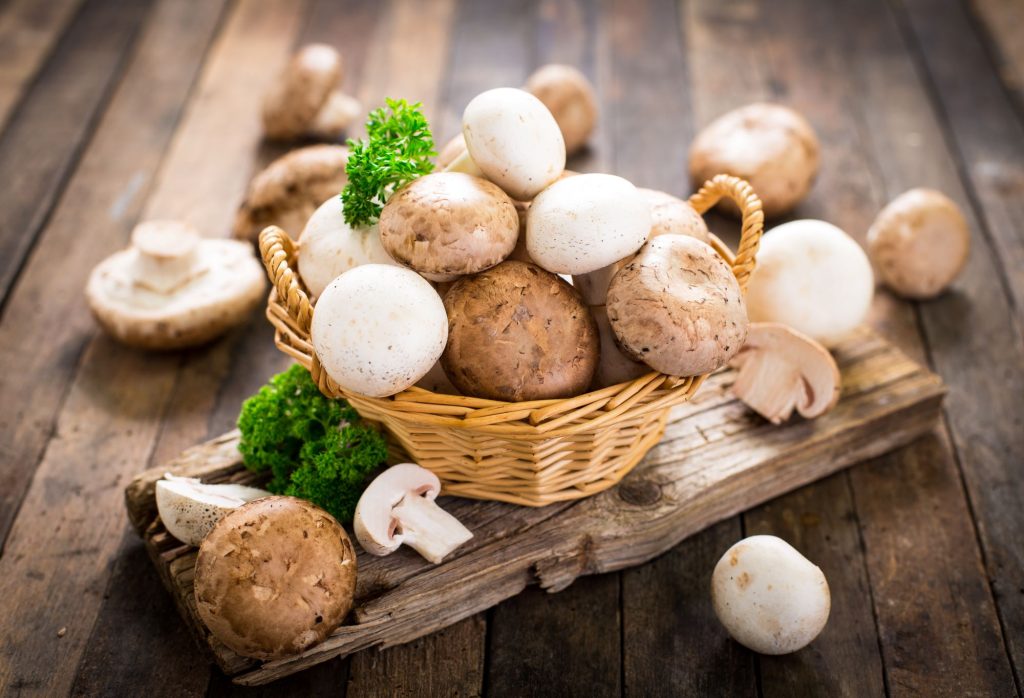Eating healthy doesn’t mean giving up all the foods you love. Sometimes, it’s just about incorporating healthy ingredients like mushrooms into your favorite dishes. Mushrooms may not be a popular source of nutrition, but they actually contain essential vitamins, minerals, and antioxidants that make them one of nature’s superfoods.
Due to mushrooms’ incredible revitalizing properties, supplement companies, such as Mushroom Revival, are now pushing the boundaries by offering innovative mushroom products like mushroom powder that people can leverage to improve their health further.
Whether you’re looking for a tasty side dish or trying to incorporate mushrooms into your main meals, mushrooms are a great way to eat healthy while still enjoying delicious food. Here’s a list of some of the top nutrients in mushrooms.
Vitamin D

Mushrooms can be an excellent source of vitamin D since they produce it from exposure to the sun, like human skin. That’s why consuming mushrooms may help in the absorption of calcium in the body. It may also reduce inflammation while protecting you from certain diseases.
Mushrooms offer a great way to get your daily dose of vitamin D without supplementing with artificial sources or relying too much on direct sunlight exposure. It’s beneficial during the winter when fewer daylight hours result in less opportunity for absorbing natural ultraviolet rays outdoors.
What makes mushrooms an even better vitamin D source is that they don’t require any special preparation before consumption. In fact, leaving them raw is enough to obtain healthy vitamin D levels from them.
Examples of mushrooms that are high in vitamin D:
- Maitake mushrooms – Maitake mushrooms are also known as the hen-of-the-woods mushroom due to their feathery appearance. It’s been used for centuries in traditional Chinese medicine because it’s believed to help strengthen the immune system.
- Shiitake mushrooms – Shiitake mushrooms have an earthier flavor than other varieties, and they’re often found dried or canned at many grocery stores. They’ve long been revered for their medicinal benefits and are believed to be full of vitamins, minerals, antioxidants, and fiber.
Both mushrooms can be consumed cooked or raw. They can also be incorporated into your salad, soups, stews, sauces, and stir-fries.
Fiber

Mushrooms can also a great source of dietary fiber, which is essential for maintaining digestive health. Mushroom consumption provides the body with soluble and insoluble fibers that can aid bowel movement.
The benefits of consuming mushrooms as part of a healthy diet go just beyond improving digestive health. Studies have shown that regularly eating mushrooms may be beneficial for weight management as well due to their low-calorie content and the high amounts of dietary fiber they contain.
Additionally, these fungi are cholesterol-free, making great additions to any diet that reduces overall animal-based fats but still wants to maximize fiber intake without sacrificing flavor or texture.
Mushrooms that are high in fiber include:
- White button mushrooms – These are the most common type available in grocery stores. They’re an excellent source of fiber, with nearly 0.7 grams per 3 ounces cooked.
- Oyster mushrooms – This is another type that’s high in dietary fiber, offering up to 1 gram per 3 ounces when cooked.
- Shiitake and Maitake mushrooms – These have even more fiber than oyster mushrooms. Both offer over two grams of dietary fiber per 3 ounce serving after cooking.
Eating these high-fiber varieties can help you meet your daily recommended intake for this vital nutrient, which is 21-25 grams per day for women and 38 grams for men.
Protein
Mushrooms are an excellent source of dietary protein as well. In fact, they contain all nine essential amino acids the body needs to function properly. Just one cup of cooked mushrooms can provide up to 6 grams of protein.
Furthermore, they have a high biological value, meaning the body absorbs its proteins quickly. Protein-rich mushroom types include:
- Shiitake and Oyster mushrooms – A 100g serving of shiitake contains around 3.3g of protein, while a 100g portion of oyster mushrooms has about 4.5g of protein, which is almost as much as there is in an egg.
- Portobello mushrooms – This type offers up to 3.2g in each 100g serving.
- Enoki mushrooms – This mushroom is low in calories but still rich in proteins. Each 100g contains 2.7g of protein.
As with other types of mushrooms, the above can be used or consumed fresh or cooked if you want to add texture and flavor to many dishes, such as salads, sauces, stir-fries, and soups.
Conclusion
When consumed in moderation, mushrooms are nutrient-packed fungi that may help promote overall health and wellness. If you want to add more vitamins, fiber, and protein to your daily food choices without sacrificing flavor, look no further than mushrooms. With so many different types available, there’s something that everyone can enjoy raw, cooked, or incorporated into their favorite dish.
Author Bio:
Henry Jones is an experienced health and wellness coach who has been helping people achieve their goals for over 10 years. He firmly believes in the power of self-care and works with clients to create a personalized health plan. Henry loves to surf and spend time with his pets in his leisure time.

